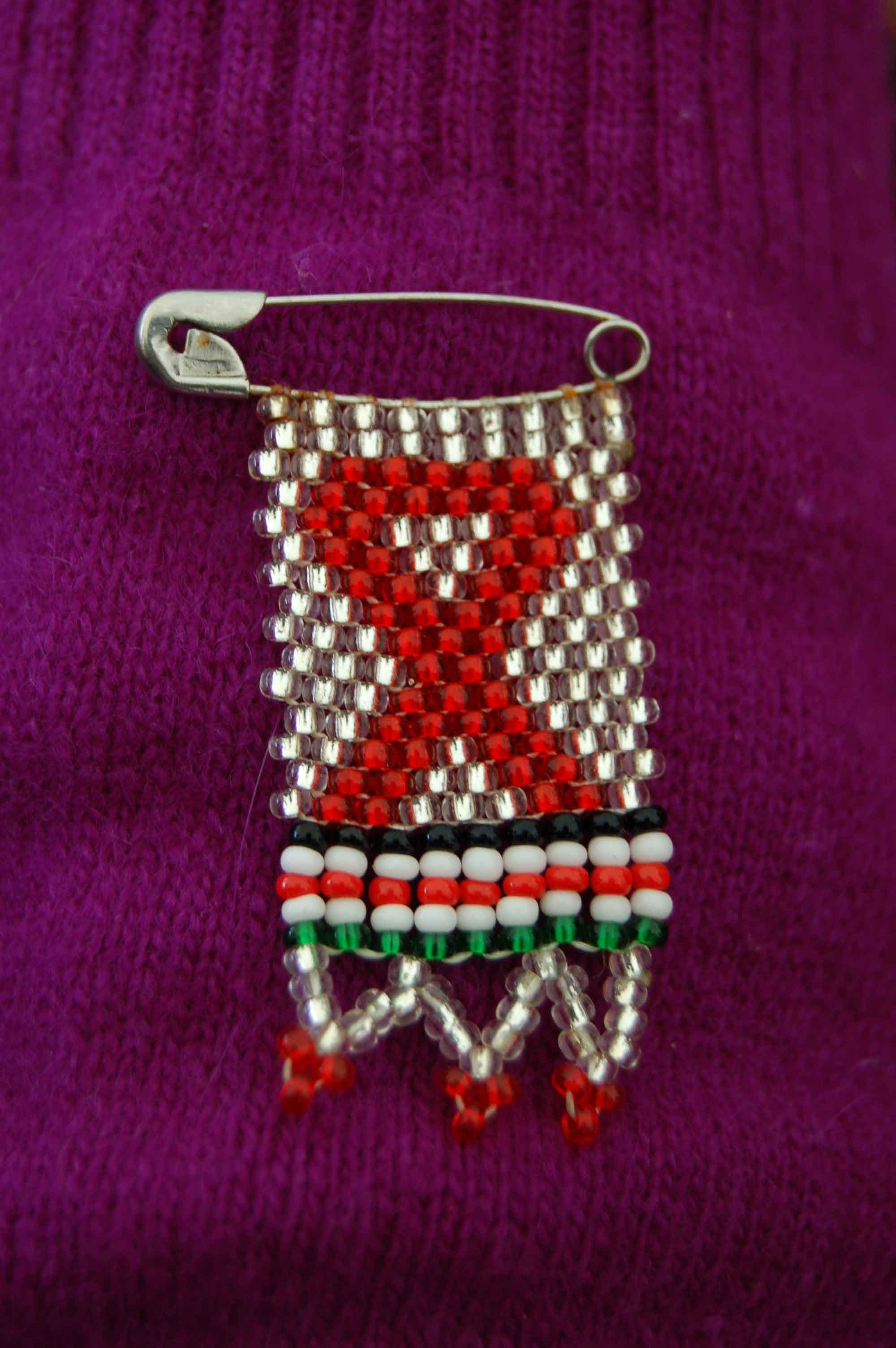After going into an unscheduled third day, the United Nations High-Level meeting on HIV/AIDS ended on 12 June with civil society groups complaining over the lack of true partnership with governments in the fight against the pandemic.
"Greater involvement of civil society has been identified by the UN as a critical strategy to combat AIDS ... The involvement of civil society in official national delegations must be effective, not just tokenistic," stated a Civil Society Declaration signed by some 100 groups.
"Real partnership between donors, governments, civil society, UN agencies and affected populations requires a balance of power in making decisions. Only through genuine partnership can we overcome the challenges and achieve universal access to prevention, treatment, care and support for all people by 2010," the statement continued.
The signatories included the AIDS and Rights Alliance for Southern Africa, the Association of Women Living with HIV/AIDS in Nigeria, the Lesotho Network of People Living with HIV/AIDS, the Service and Healing Coalition for Women of South Africa, the Uganda Network of Young People Living with HIV/AIDS, South Africa's Treatment Action Campaign, and Simao Cacumba Faria – an Angola organisation.
Olayide Akanni, of the African Civil Society Coalition on HIV/AIDS and Journalists Against AIDS, a Nigerian NGO, pointed out that some governments had failed to submit progress reports at all. "That is totally unacceptable. It was agreed that government would regularly update the UN on their progress and some governments have declined doing that," she said.
Although some participants felt that civil society had been given greater space to air their views than at the last UNGASS meeting in 2006, they also worried that governments had made little effort to share that space. "In the side events it was just like we were talking to ourselves," said Gcebile Ndlovu, a Swaziland-based coordinator for the International Community of Women Living with HIV/AIDS.
Ndlovu also noted that some countries, including Swaziland, which has the highest HIV prevalence in the world, did not have any civil society component to their government delegations. "This was supposed to be a partnership thing, but it can't be partnership at the global level if the partnership is not realised at the country level."
A final declaration that emerged from the 2006 meeting was regarded by most civil society groups as greatly weakened by the attempt to reach consensus between countries with conflicting attitudes and priorities. This year's meeting dispensed with a declaration, but a closing statement by UN General Assembly President Srgjan Kerim summarised some of the major themes that had emerged in discussions about how to build on current efforts to reach universal access by 2010.
He emphasised the importance of leadership and political accountability - at both national and local levels - and reiterated the point made by several speakers at the meeting that an effective response to the pandemic must have human rights and gender equality at its core.
"We must not lose the momentum of the global response," Kerim said.
By the end of last year, according to the latest UN report, 3 million people had access to antiretroviral treatment in low- and middle-income countries; an increase of nearly a million over the previous year but still only 31 percent of those in need of such treatment.
ma/ks/oa
This article was produced by IRIN News while it was part of the United Nations Office for the Coordination of Humanitarian Affairs. Please send queries on copyright or liability to the UN. For more information: https://shop.un.org/rights-permissions
